ym dragon
2023-04-26
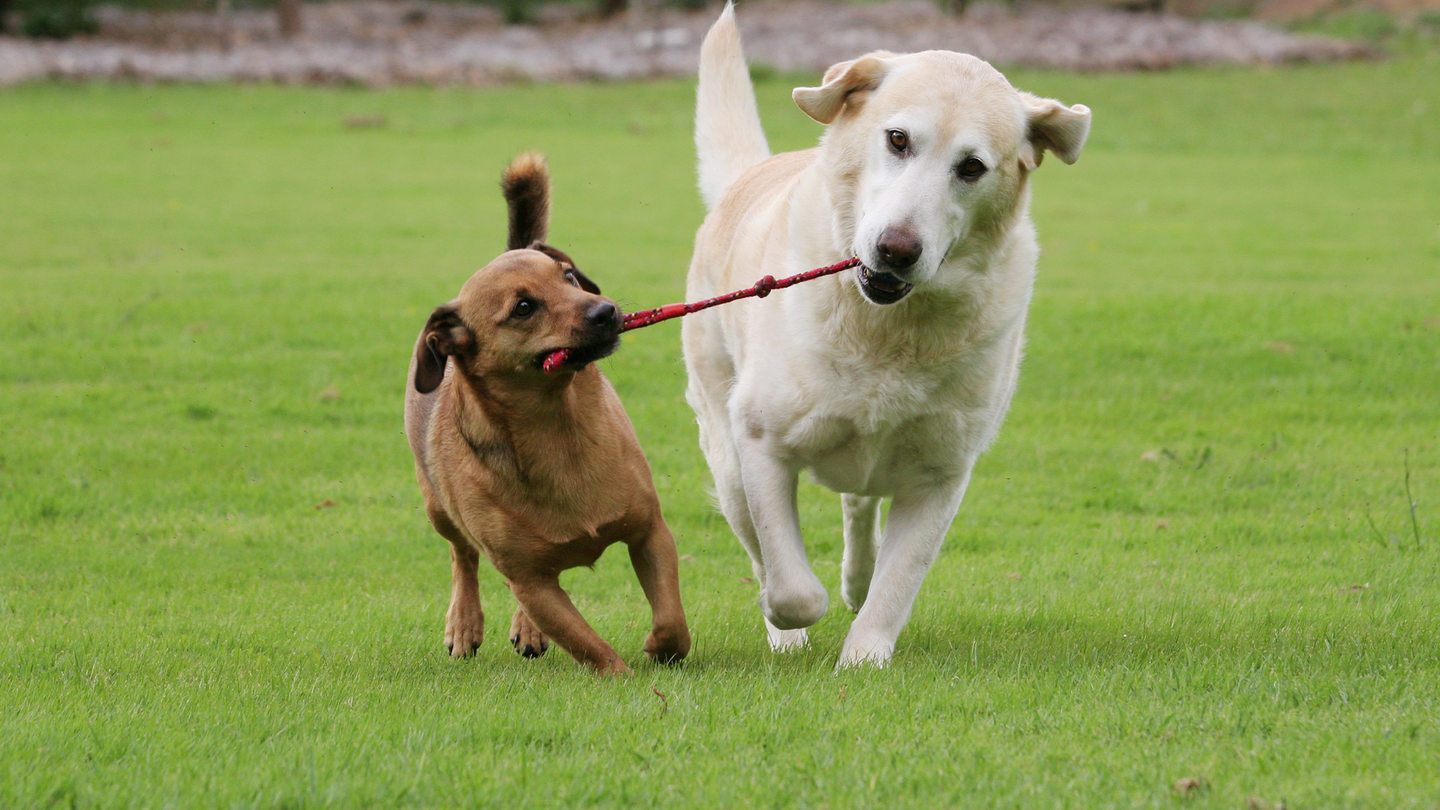
Most people considering dog ownership for the first time already have a handful of specific breeds in mind. Before choosing a breed, though, your own lifestyle should be considered above all else. The size of dog you choose should be largely based on your activity level, living space, and any physical or financial limitations you may have. Only after looking at the big picture can you finally settle on the appropriate breed.
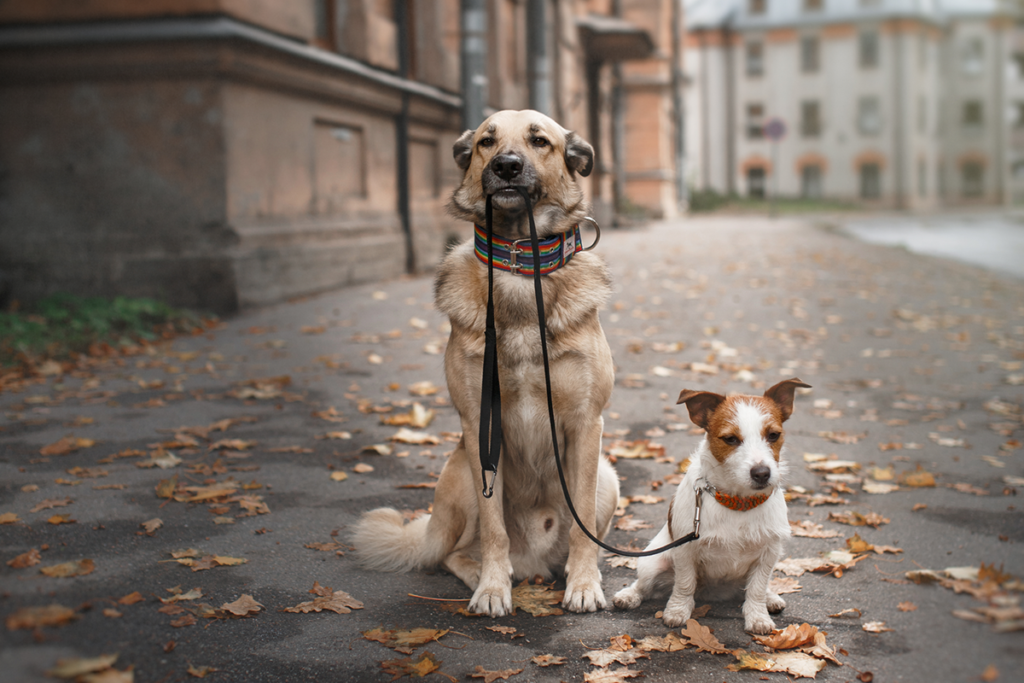
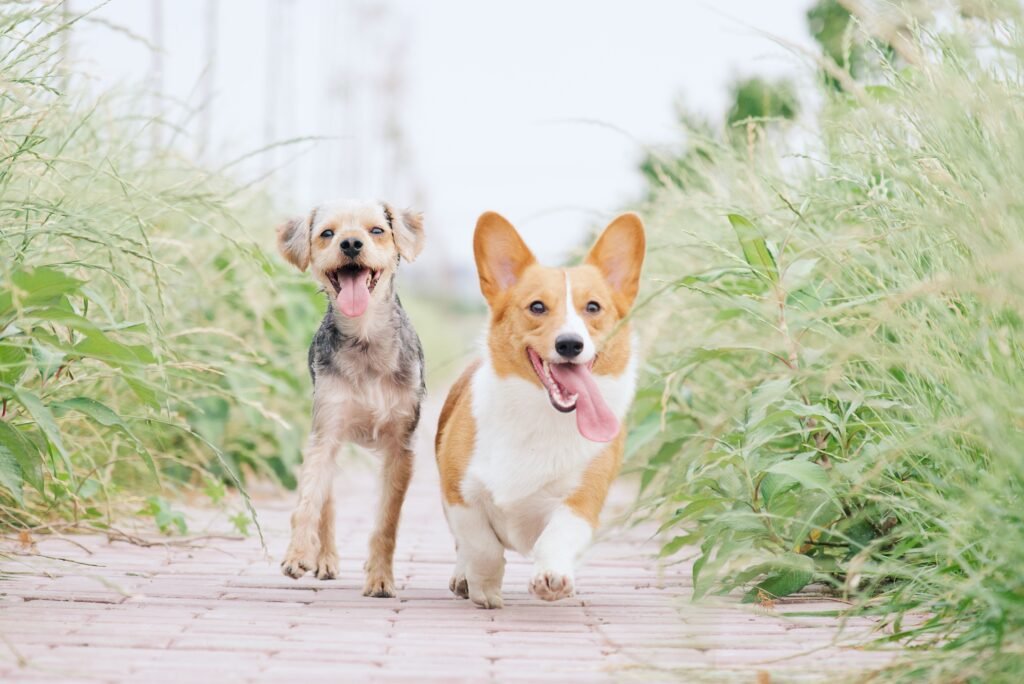
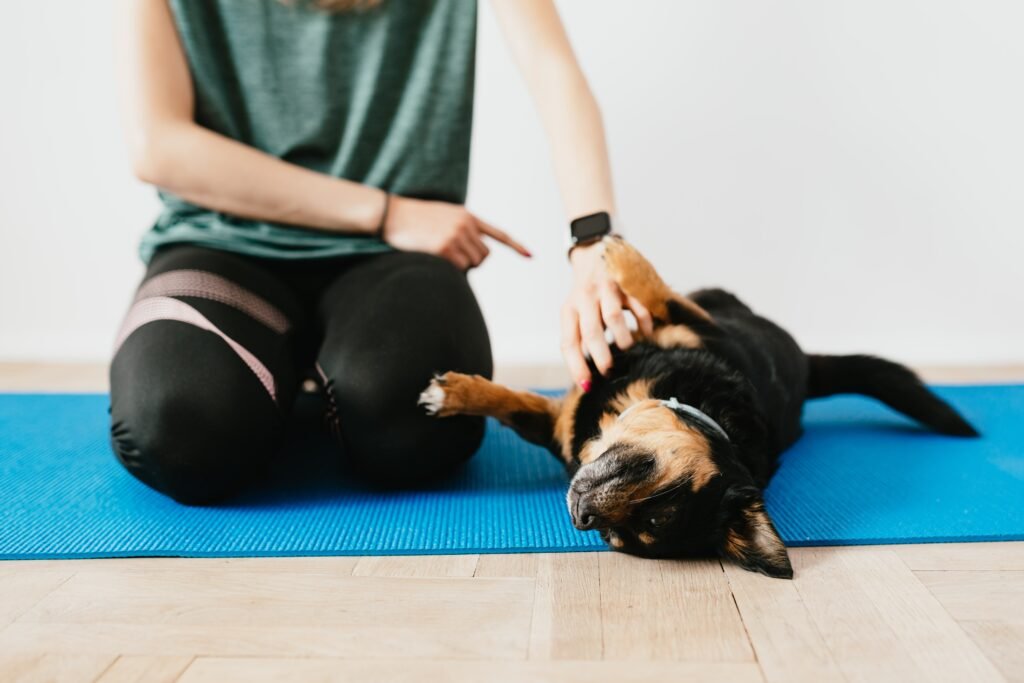
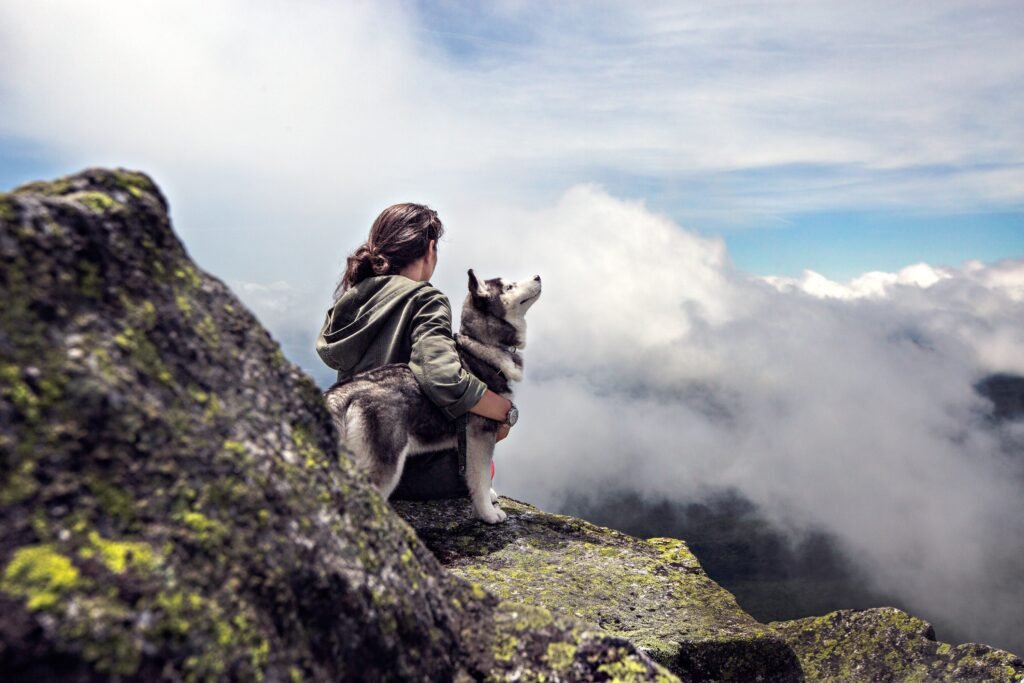
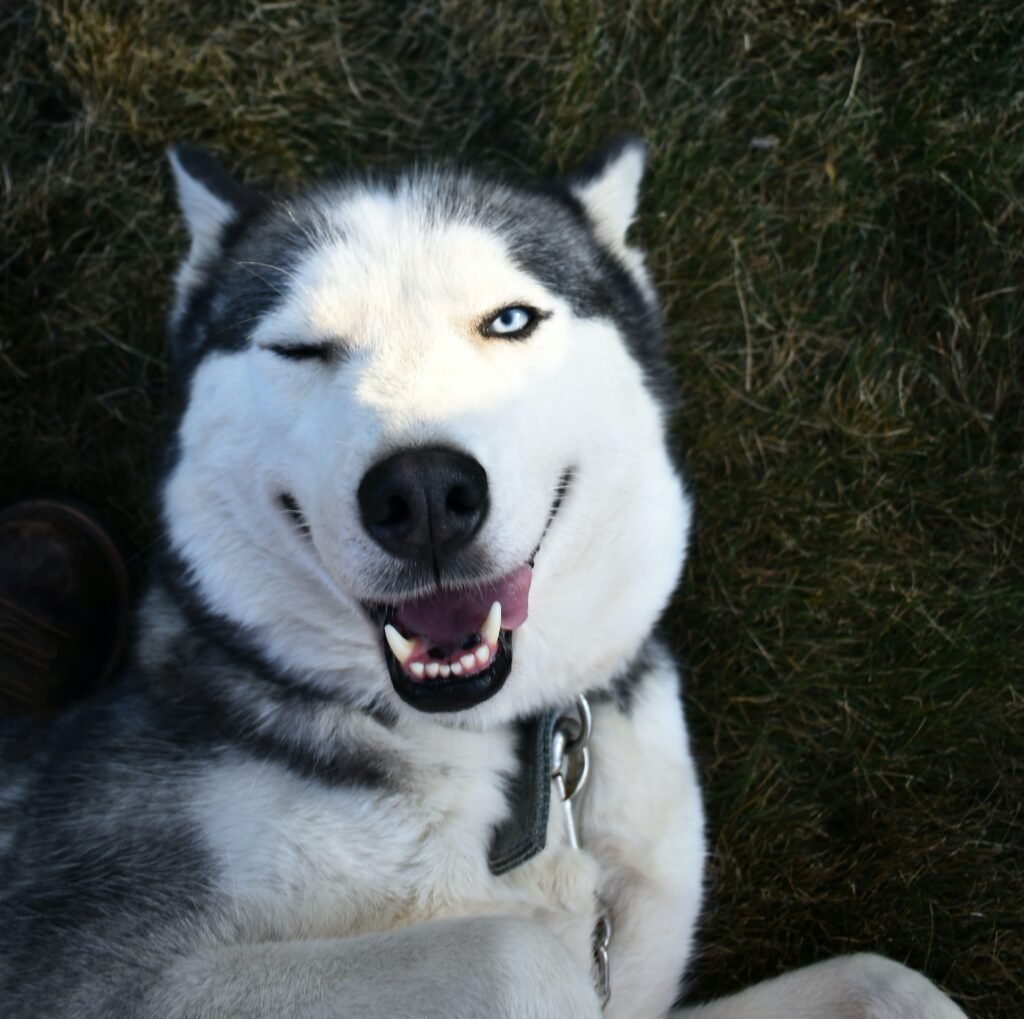
Of course, medium sized dogs should not be forgotten. They share traits from both extremes, requiring a lot of exercise (often more than large breeds,) training, space, time, and money. Size is not the only area in which they offer compromise.
Research is extremely important when choosing the right breed to fit into your life. Hopefully, some issues that have never occurred to you before are now a consideration. Although, you can’t know every possibility before you become a first-time dog owner, you’re better prepared to make a responsible decision.

You can contact us through the following ways